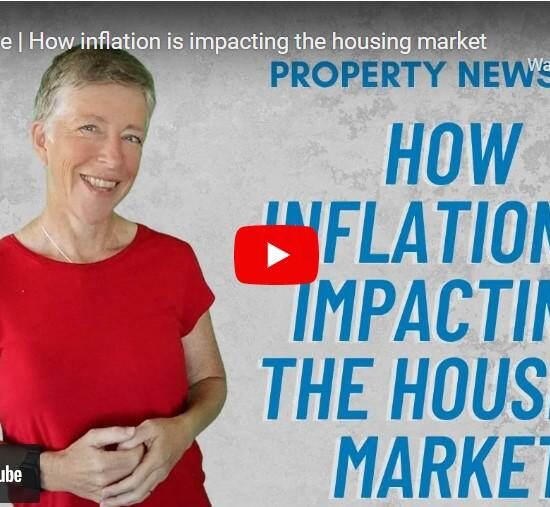
By Kate Hill, Adviseable
What is the election pause?
Whenever we have a Federal Election something odd seems to happen to property markets. That is, most buyers and sellers hunker down and wait to see who wins, as if the outcome will make a significant difference to their property plans.
Now a caveat to that is that in the lead-up to the 2019 Federal Election, the axing of negative gearing was a key policy of the Australian Labor Party, and it wound up being the policy that lost them the election.
Generally speaking, though, elections do put a dampener on markets as they reduce economic certainty about who might be running the show for the next three years.
Many commentators have already started to predict slower market conditions until the election result is known in late May.
But here’s the thing, most buyers and sellers I’ve come across don’t seem to care overly much this time around. Sure, they will do their civic duty and vote on Election Day, but there doesn’t seem to be the fevered interest in the outcome as there usually is.
Now, this could be because there aren’t any significant housing policies on the political table this time, but I think it’s also just a general apathy about the endless political shenanigans on display.
Each one of us has lived through the past two years, where we were locked away in our homes and often couldn’t see our friends and families for months or potentially years for people like me who were born overseas.
Maybe it’s this shared experience that has made us more ambivalent about the result – although one can only hope that whichever party does secure our highest office that they can be trusted to manage and grow our economy.
Then and now
Back in 2019, investors and the wider property investment industry was rightly nervous about a ludicrous policy that seemed to miss the entire point of long-term property investment.
Negative gearing was so terrible that it must be done away with, seemingly!
Of course, savvy investors never chase negative cash flow, and may only benefit from some tax deductions for a short period time if they have purchased a strategic real estate asset primed for capital growth as well as higher weekly rents over time.
But the scaremongering about negative gearing back then is part of the reason why we have such a critical undersupply of rental properties now. The volume of investment activity fell off a cliff and kept falling until it hit just 22.9 per cent of the mortgage market in 2020 – usually investors comprise about 35 per cent, which is a figure that they still have not managed to reach, according to CoreLogic research for PIPA.
Also, this time around, the market and lending conditions are more positive than they were in 2019, with most markets coming off record price growth last year.
Likewise, according to SQM Research, there are currently 110,000 fewer listings available for sale than there were before the 2019 Federal Election – or about one third less than back then.
This is also an important factor in the continuing solid market conditions at play at present.
According to the latest PropTrack Home Price Index, price growth has slowed after last year’s phenomenal price pressures with regional areas continuing to outperform capital cities – and the gap has widened.
Price growth has slowed somewhat across the country – with the exception of South Australia and parts of Queensland, which are continuing to show booming market conditions.
Despite the slowing in price growth across the country, prices are still increasing quickly in some regions – particularly in regional New South Wales and southeast Queensland, according to the index.
In fact, all of the top 10 performing regions over the past year are found in those parts of the country.
These regions have seen some of the strongest interstate migration flows since the start of the pandemic and continue to benefit from preference shifts among buyers, the index said.
So, what does it all mean? Well, it means that using the election as a reason to not proceed with your property plans is always an uninformed idea – and especially this time when markets are continuing to move regardless of the political posturing on display at present.







